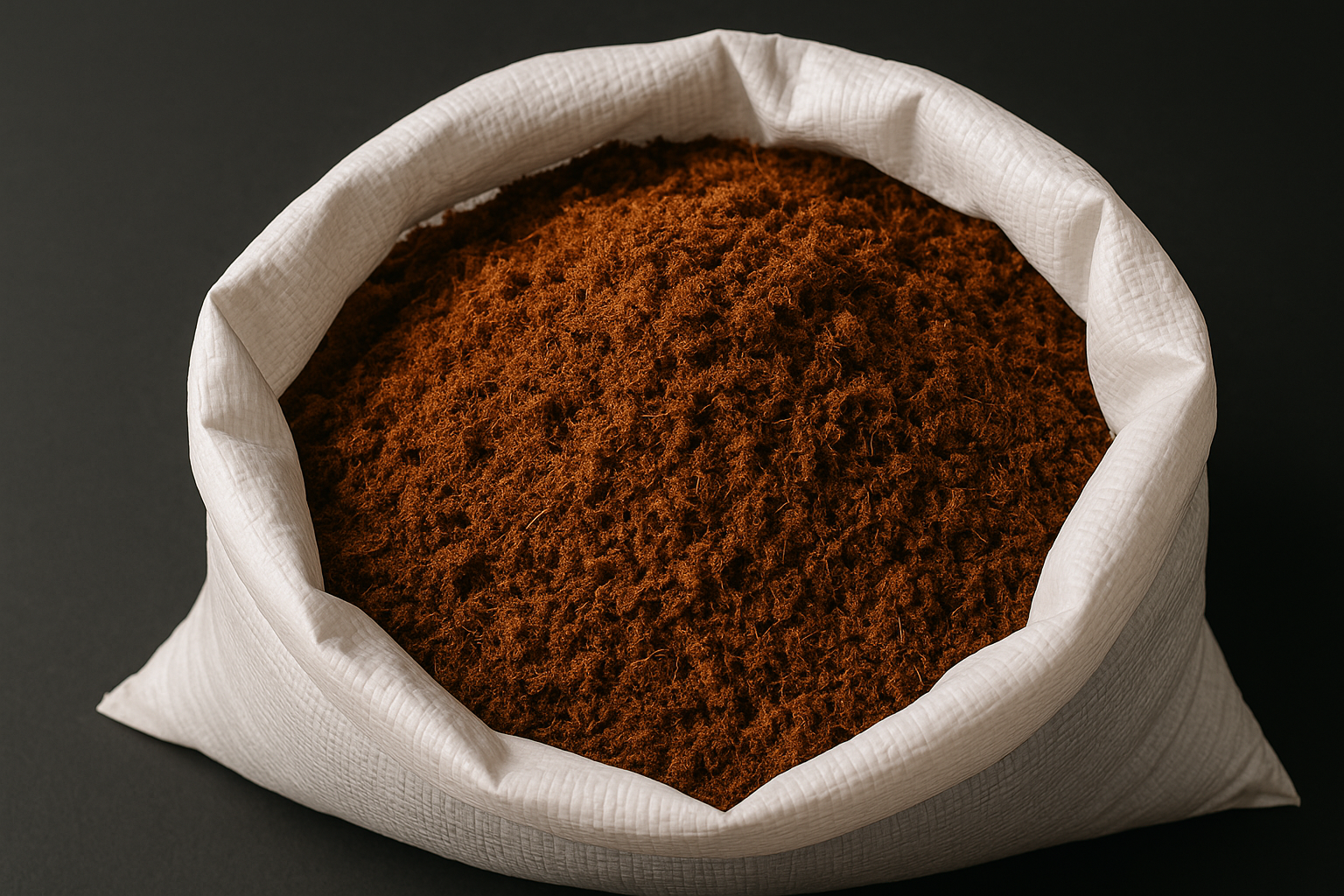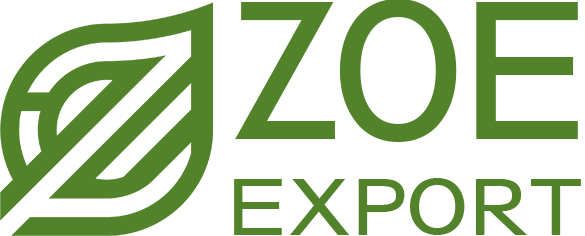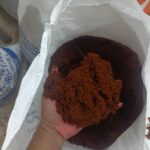Coco Peat: Sustainable Growing Medium for Modern Agriculture
With growing demand for sustainable farming practices, coco peat is becoming an essential resource in modern, eco-conscious agriculture.

What is Coco Peat?
Coco peat, also known as coir pith or coir dust, is a natural by-product derived from processing coconut husks. Light, airy, and moisture-retentive, coco peat has gained global recognition as an eco-friendly and highly effective soil alternative in agriculture and horticulture.
Benefits and Uses
Coco peat possesses excellent water retention, aeration, and anti-fungal properties, making it an ideal medium for:
Soilless farming (hydroponics)
-
Seed starting and nursery use
-
Soil conditioning and composting
-
Potting mixes and grow bags
-
Mushroom cultivation
-
Animal bedding
It is biodegradable, pH-neutral to slightly acidic, and reusable after proper treatment.
Derivatives and Forms
Coco peat is commonly exported in:
Blocks/bricks
-
Discs/pellets
-
Loose form or bales
It can also be mixed with coco chips or coco fiber to improve aeration and drainage depending on the plant type.
Production and Export Destinations
Main producers of coco peat include Indonesia, India, Sri Lanka, Vietnam, and the Philippines. Countries that widely use coco peat in commercial agriculture and gardening include the Netherlands, Japan, South Korea, Australia, the United States, and Germany, particularly in hydroponics and greenhouse systems.
With growing demand for sustainable farming practices, coco peat is becoming an essential resource in modern, eco-conscious agriculture.

